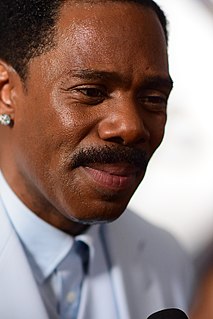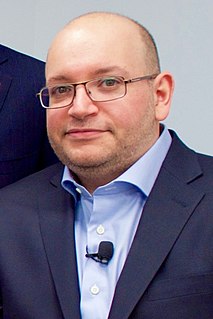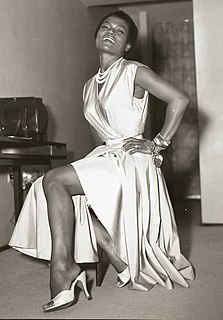A Quote by George H. W. Bush
It's a very good question, very direct, and I'm not going to answer it.
Related Quotes
I guess I worry about weird existential things, like how do we spend our final act. This is a very emotional question. I can't answer it without crying. I think, You're 56 years old, what did you do? You raised two good kids. What am I going to do now that is as meaningful as that? I don't know the answer yet.
A dialogue is very important. It is a form of communication in which question and answer continue till a question is left without an answer. Thus the question is suspended between the two persons involved in this answer and question. It is like a bud with untouched blossoms . . . If the question is left totally untouched by thought, it then has its own answer because the questioner and answerer, as persons, have disappeared. This is a form of dialogue in which investigation reaches a certain point of intensity and depth, which then has a quality that thought can never reach.
If you have a little inteligence, sooner or later the question is bound to arise: What is the point of it all? Why? It is impossible to avoid the question for long. And if you are very intelligent, it is always there, persistently there, hammering on your heart for the answer: Give me the answer! - Why?
The Work is four questions and a turnaround. The Work is a way to identify and question the thoughts that cause all the suffering and violence in the world. The Work is a very, very simple process. It's for anyone who can answer a question that is willing to. It takes a bit of willingness and an open mind.
We can each sit and wait to die, from the very day of our births. Those of us who do not do so, choose to ask - and to answer - the two questions that define every conscious creature: What do I want? and What will I do to get it? Which are, finally, only one question: What is my will? Caine teaches us that the answer is always found within our own experience; our lives provide the structure of the question, and a properly phrased question contains its own answer.
We are posing two very clear questions. The first is: Did the Holocaust actually take place? You answer this question in the affirmative. So, the second question is: Whose fault was it? The answer to that has to be found in Europe and not in Palestine. It is perfectly clear: If the Holocaust took place in Europe, one also has to find the answer to it in Europe.
To be a scientist you have to be willing to live with uncertainty for a long time. Research scientists begin with a question and they take a decade or two to find an answer. Then the answer they get may not even answer the question they thought it would. You have to have a supple enough mind to be open to the possibility that the answer sometimes precedes the question itself.


































